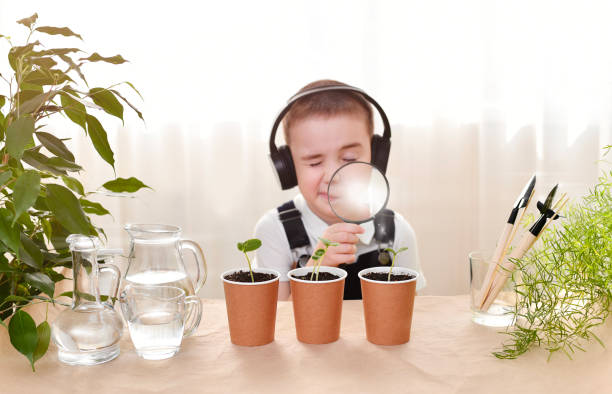Introduction
Imagine a garden where each seed represents a child’s potential, ready to sprout with the proper care and nourishment. As seeds need water, sunlight, and soil to grow, children require knowledge, skills, and encouragement to blossom.
Early education is pivotal in this developmental process, setting the foundation for lifelong learning, well-being, and success. In this article, we delve into why education is beneficial and essential and how it plants the seeds of knowledge that can transform lives.
The Roots of Early Learning
Cognitive Development
From birth to age five, a child’s brain develops more than ever, forming neural connections rapidly. Early educational experiences capitalise on this period of remarkable growth, fostering cognitive skills such as problem-solving, memory, and critical thinking. Engaging children in activities that stimulate their curiosity and imagination lays the groundwork for advanced learning and intellectual curiosity.
Social and Emotional Growth
Earlier education also plays a crucial role in social and emotional development. Through interaction with peers and educators, children learn to navigate social dynamics, understand and manage their emotions, and develop empathy and cooperation. These skills are fundamental for personal development, relationships, and future success in a collaborative world.
Language and Communication
Language acquisition is another critical aspect of early education. Exposure to a rich language environment enhances vocabulary, comprehension, and communication skills. Storytelling, songs, and conversation are simple yet powerful tools that educators use to ignite a love for language and expression.
Nurturing the Seedlings: Strategies for Effective Early Education
To ensure the effective planting of knowledge seeds, early education must be high-quality, inclusive, and tailored to the needs of each child. Here are some strategies that help achieve these goals:
- Interactive Learning: Incorporating play-based learning and hands-on activities encourages exploration and discovery, making learning enjoyable and relevant.
- Inclusive Environment: Creating an inclusive environment that respects diversity and promotes equality ensures that all children feel valued and supported in their learning journey.
- Individualized Attention: Recognizing that each child is unique, with their strengths, interests, and pace of learning, allows educators to tailor their approach, fostering a deeper connection with the material.
- Family Engagement: Involving families in the educational process strengthens the link between home and school, creating a cohesive support system for the child’s development.
The Impact of Technology on Early Education
In today’s digital age, technology plays a significant role in early education, offering new ways to engage children and enhance learning. Interactive apps, educational games, and digital storybooks can complement traditional teaching methods, providing dynamic and personalised learning experiences. However, balancing screen time with physical activity and real-world interactions is crucial to ensure holistic development.
Planting the Future: The Long-Term Benefits of Early Education
The seeds of knowledge planted through early education can yield remarkable benefits throughout a person’s life. Studies have shown that individuals who receive quality early education are more likely to succeed academically, maintain stable employment, and contribute positively to society.
Moreover, early education can help level the playing field, offering children from all backgrounds a chance to thrive. Access to educational resources through website and digital platforms can further enhance this opportunity, making it easier for children and educators to connect with a wealth of knowledge and learning tools.
Economic Advantages
Investing in early education also has significant economic benefits. Early education enhances productivity and creativity by improving cognitive and social skills, driving innovation and growth. Furthermore, it can reduce costs associated with remedial education, healthcare, and social services, yielding a high return on investment for communities and nations.
Building a Better World
Beyond individual benefits, early education has the power to transform societies. We can cultivate a generation of informed, compassionate, and responsible citizens by fostering empathy, cultural awareness, and environmental stewardship from a young age. Early education is not just about academic achievement; it’s about nurturing well-rounded individuals who can contribute to a more just, sustainable, and peaceful world.
Conclusion
Early education is the cornerstone of lifelong learning and development, planting knowledge that empowers children to reach their full potential. By investing in quality early education, we are enhancing individual lives and contributing to the prosperity and well-being of our global community.
As we continue to nurture these seedlings, we can look forward to a future where every child has the opportunity to thrive and the garden of humanity flourishes in all its diversity and beauty. Let us commit to this vital mission, ensuring that early education remains at the forefront of our collective efforts to build a brighter tomorrow.

